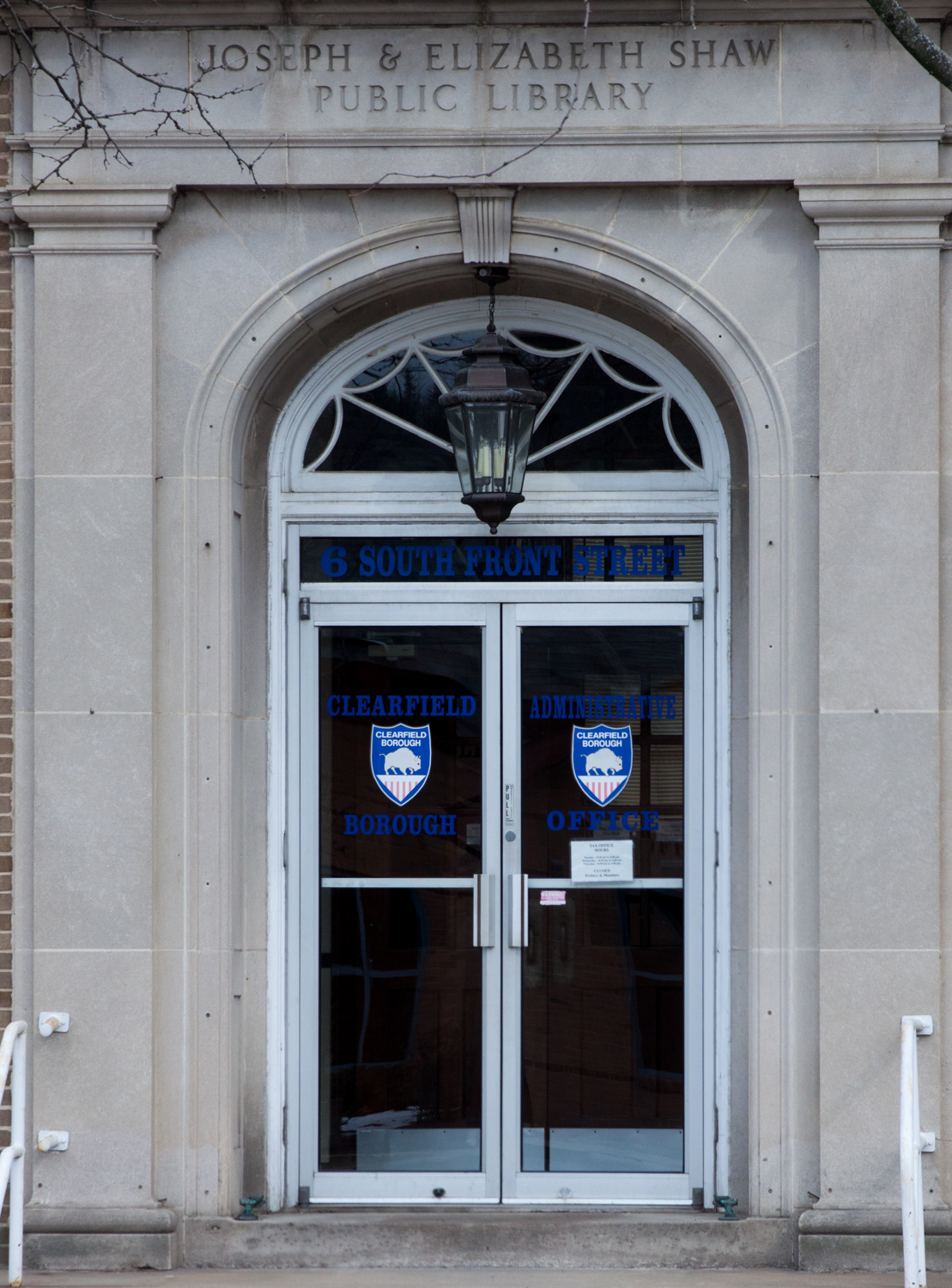A pen might seem like an unusual piece of kit for a burly sportsman to carry onto the rugby pitch. But for Mat Gilbert — the only deaf professional athlete in the UK — this high-tech hidden device has become his personal secret weapon.
Now 30, the rugby union player’s hearing loss was diagnosed at the age of five — though he suspects he was born with it.
He can register a noise of 100 decibels, such as produced by a lawn mower or low-flying plane, but struggles with high frequencies and “wouldn’t hear at all in a hearing test.”
However, when wearing an aid tucked beneath his protective rugby helmet, the Worcester Warriors player can attain a reasonable level of hearing, he tells CNN’s Human to Hero series.
Recently, referees have also started wearing a pen-shaped microphone around their necks which reduces background noise — and relays sound directly to Gilbert’s hearing aid.
“It’s like having a mobile phone straight up to your ears,” Gilbert says of the Phonak Roger Pen.
“Even if they are 20 meters away, they would appear to be one meter away.”
Other ways of hearing
Since starting playing rugby as a seven-year-old, Gilbert has found other clever ways of communicating on the pitch.
The flanker, who has also played with England’s national deaf rugby team 11 times, sometimes uses water balloons to stop wet conditions destroying his hearing aids.
Lip reading is also a crucial part of his play — which isn’t always easy when you’re one of 30 combatants in a fast-paced game, and Gilbert often finds himself buried at the bottom of a pile of players.
“It’s just my responsibility to make sure that I get the call,” explained Gilbert of hearing instructions from his teammates and referees.
“So I will position myself where I can lip-read the guy making the call.”
Tough love
Indeed Gilbert, who is also an ambassador for Action on Hearing Loss, has learned not to expect any special treatment on the pitch — and was once sternly told as much by high-profile Welsh referee Nigel Owens.
“When I was young, I used to say to the referee: ‘Oh by the way ref, I’m hard of hearing — I might not be able to hear you on the pitch when you’re calling out to me when I’m infringing,'” he recalls.
“But I haven’t done it since I played professional because Nigel Owens, a very famous referee, told me off one day. He said: ‘Go away, you are a professional, you know the rules.'”
Sign of the times?
Gilbert says he was never taught sign language at school, and he now believes the lack of specialized training has been a blessing in disguise.
“I was fortunate enough that my parents put me through a mainstream school,” he says of attending the elite Bilton Grange preparatory school in England’s West Midlands.
“Because I wasn’t part of a deaf society growing up, I can’t sign … and it’s allowed me to communicate more efficiently with people as a whole, I think.
“My family has always been supportive about me playing sports, and my older brother as well — we have a very competitive relationship. My parents came and watched every game when we were at school or at a club, drove me around the country when needed be.
“They wanted me to be taking part in as much sport as possible — any activity and all walks of life.”
Mentoring role
A back-row forward, Gilbert — whose nickname is “Gumbie” — began his senior rugby career with Welsh club Llanelli Scarlets, then after a spell with Italian team Mogliano he joined Bath in England’s top division.
He spent two years there, scoring three tries in 19 appearances, and had the chance to play in Europe’s leading club competition.
Gilbert moved to Worcester to improve his chances of more playing time, but after helping the team win promotion to the Premiership last season he has mainly been involved with the reserves for the 2015-16 campaign.
“At the moment I’ve got more of a mentoring role for the other flankers,” he says of his younger teammates.
Gilbert recognizes it is probably too late in his career to achieve his goal of playing for England, but he hopes to set an example for other deaf players.
“I wouldn’t mind looking into sport inclusion for deaf and disabled athletes,” he says. “Try to get more deaf people playing mainstream sport and not being pigeon-holed into playing sports within the deaf society.”



